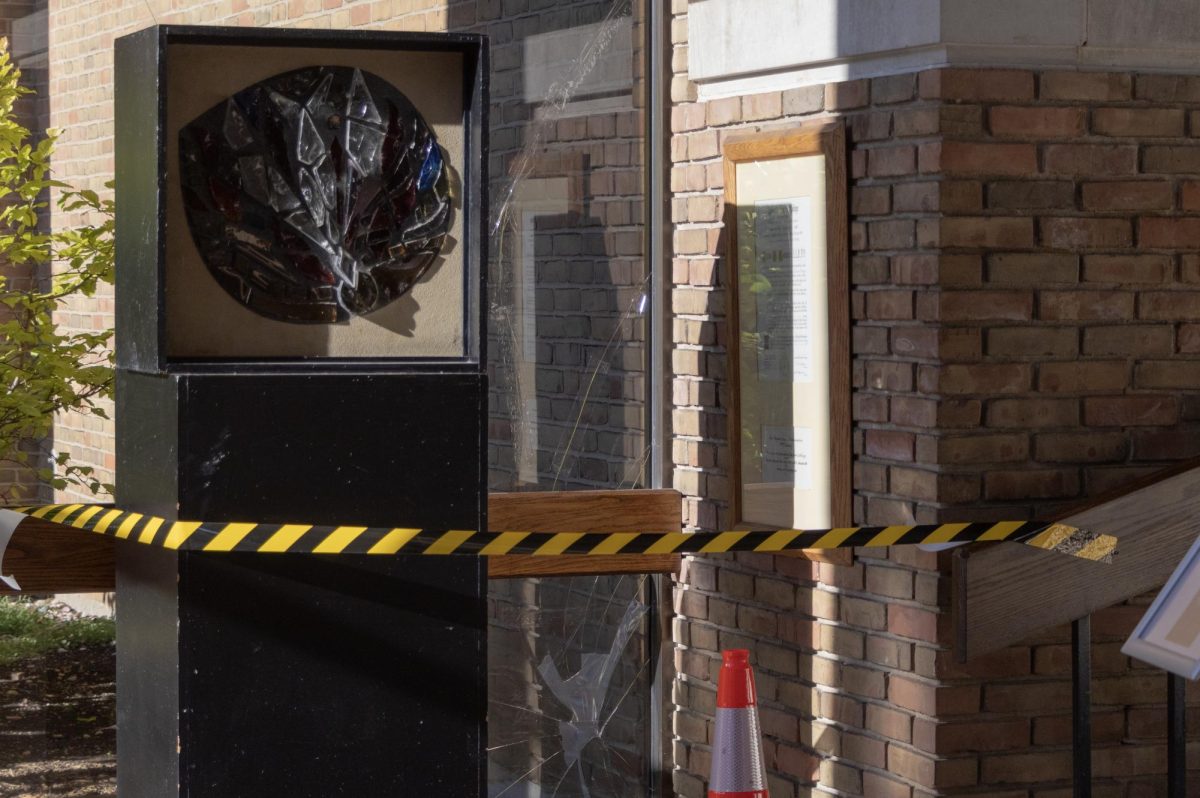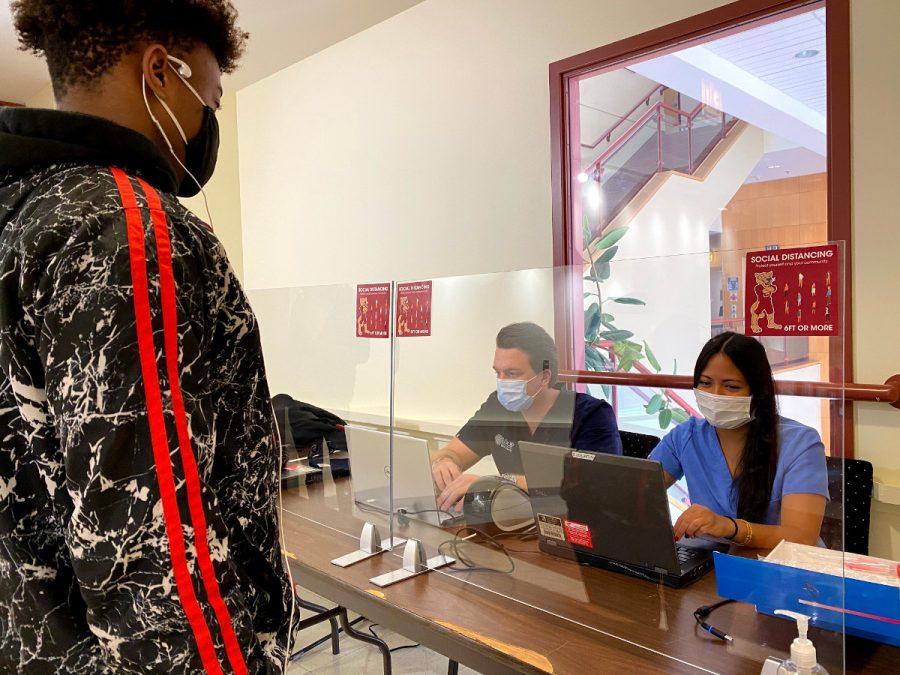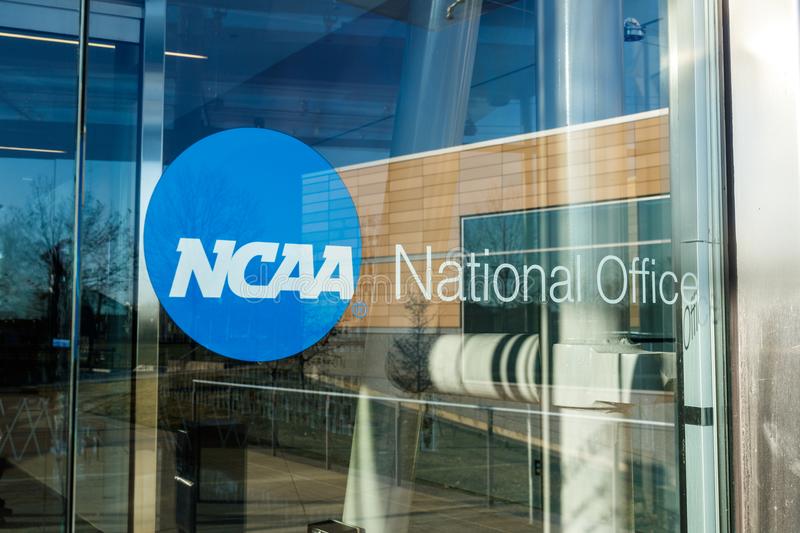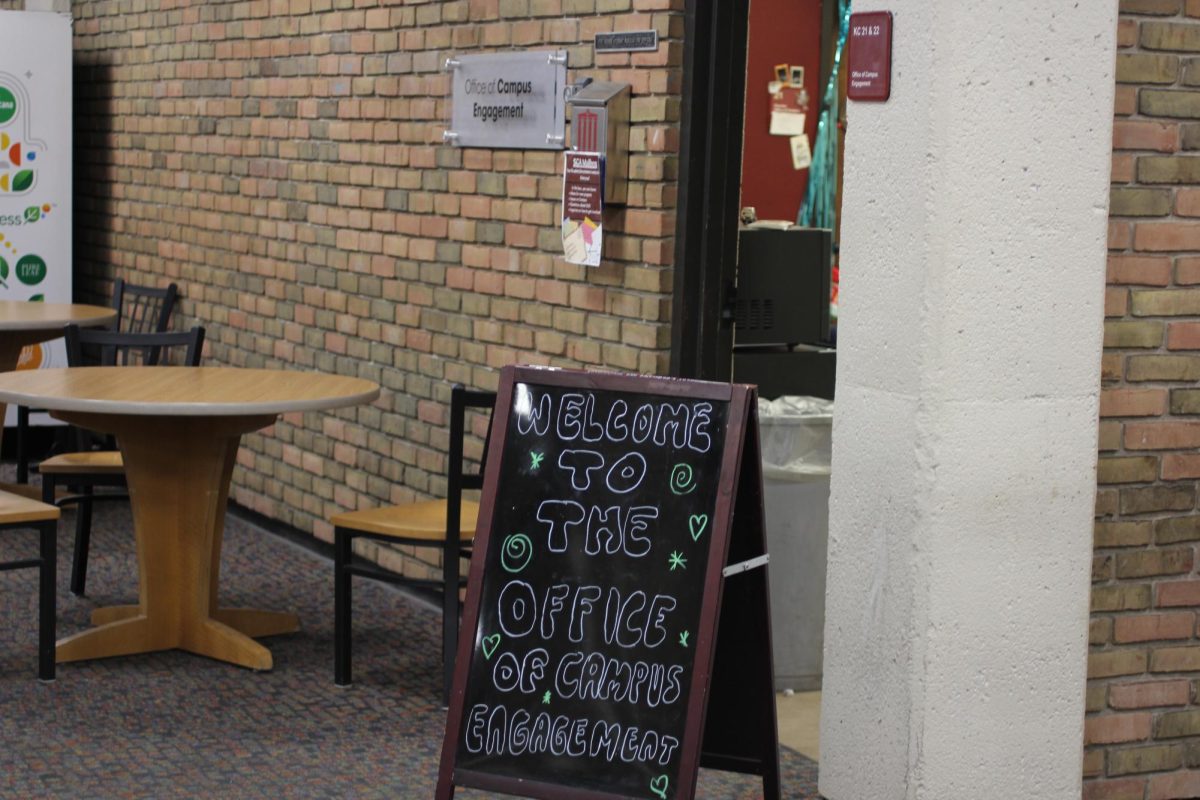Why Do Some Professors Assign Homework Over Spring Break?
May 3, 2023
As the bus left the hotel in Minnesota at 6 a.m. on day seven of the Wind Symphony’s Spring Break tour, freshman Kierra Mohalley took out her iPad to work on assignments due the Monday after break.
Though the exhaustion from the tour was overwhelming, Mohalley knew that if she didn’t put time into her homework while on the bus, she wouldn’t have it finished by Monday morning. The Wind Symphony wasn’t scheduled to return to CUC until late Sunday evening, leaving little time for homework.
“I had art projects for my 3D Basic Studio class I had to do in person once we got back to CUC,” said Mohalley. “This motivated me to keep doing my homework despite feeling tired and a bit carsick.”
Many CUC students don’t go home over spring break, as athletes travel for games or stay on campus for practices, and musicians in Wind Symphony and Kapelle go on their spring tour. Though students choose to be part of these activities, it can be difficult to return to school after break without getting the chance to relax.
“For students, I see break as a time to take a breath, rest, regroup and make a mental plan for how they want to push to the end of the semester once they get back to campus,” said assistant professor of business Donald Grenholm. “Students have a lot to juggle during the school year, so break allows them to reconsider their priorities and time management while there is still time to improve their standings in the course.”
Having homework that is due either over break or on the first day of classes following break is challenging as well, as students may not have time to complete these tasks.
“I see students struggle to get back into things after break,” said David Bates, Ph.D., an associate professor of history. “I have always found March to be the most difficult month in the spring semester, because everyone is dragging a bit.”
Historians trace the origins of spring break all the way back to the ancient Greeks and Romans, according to a 2013 article in The Atlantic. They dedicated three days during the spring to honor Dionysus, the god of wine. They celebrated the arrival of spring, the season of fertility and awakening.
The idea of the modern spring break was introduced when swim coach Sam Ingram from Colgate University in New York brought his swim team to Fort Lauderdale to train at an Olympic-size pool there. The city saw this as a great economic opportunity, and hosted the first College Coaches’ Swim Forum in 1938. From there, the idea of a modern spring break grew, one that we are still observing today.
Though CUC students have a spring break, it can often be a time filled with tests, papers, and other assignments that distract from the idea of taking a break from school work and relaxing. Additionally, students who are on school trips are often following a very demanding schedule that leaves little time to do homework.
“I think spring break should be a time for students to recharge without assignments hanging over their head,” said Bates. “I’m not sure how students would be able to get additional work done anyway, if they are traveling the whole time.”
Senior percussionist Adam Schweyer had to complete a midterm for his Lutheran Teacher Vocation and Methods course while on Wind Symphony tour over spring break.
“I usually try to get homework done before spring break, but that didn’t work for me this year,” said Schweyer. “I would say this was a reasonable amount of work, though it was especially stressful because we were on the Wind Symphony tour.”
Though Schweyer found time to finish the midterm on the bus, he said the lack of quality internet connection while on the road could have been a big problem if he had more homework to complete.
Schweyer’s midterm was assigned by Professor Jared Stiek on Tuesday, Feb. 28, before spring break began. Students had until the end of the day on Saturday, March 4 to complete the assignment.
Stiek set this deadline to give students flexibility and allow them extra time to complete the essay exam. He hoped to alleviate stress, and did not want students to have to work on this assignment over break.
“Every student has to balance their schedule to accomplish their schoolwork,” said Stiek. “If a student waits to complete this work until hours before the deadline, then the work can be stress-inducing.”
Stiek understands the demands of tour, as he was a student musician as well at Concordia University Nebraska. Because of this, he aims to set deadlines for assignments in a way that gives students the chance to avoid last-minute stressful situations.
Even when teachers assign homework over break, many are conscious of what students have going on in their lives, and try to make it manageable for them. Some teachers avoid giving work over break, while others choose to assign a bit more homework than usual the week before spring break.
“This means the week before spring break can be stressful, but that is the nature of midterms,” said Mary Goetting, Ph.D., a professor of mathematics.


































